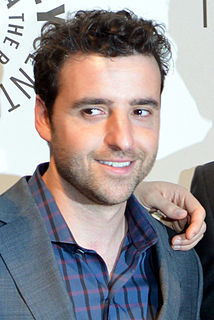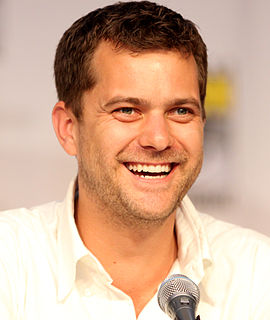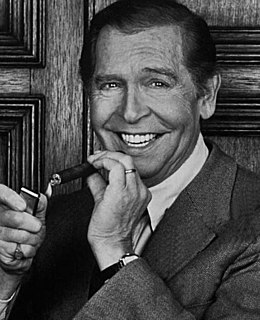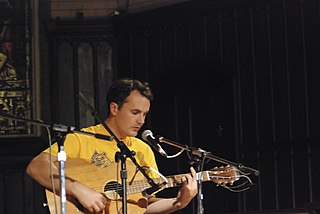A Quote by Bunker Roy
I went to a very elitist, snobbish, expensive education in India, and it almost killed me. I was all set to be a diplomat, teacher, doctor - all laid out.
Related Quotes
One of the big drivers for me is that health care is a very elitist system. As much as we try to make it free and democratic for all, the reality is that it's expensive and not all therapies are accessible to all people. So I have been very focused on making sure that we democratize genetic information so it's available to everyone.
Indian higher education is completely regulated. It's very difficult to start a private university. It's very difficult for a foreign university to come to India. As a result of that, our higher education is simply not keeping pace with India's demands. That is leading to a lot of problems which we need to address.
As a former high school teacher and a student in a class of 60 urchins at St. Brigid's grammar school, I know that education is all about discipline and motivation. Disadvantaged students need extra attention, a stable school environment, and enough teacher creativity to stimulate their imaginations. Those things are not expensive.
I actually dislike, more than many people, working through literary allusion. I just feel that there's something a bit snobbish or elitist about that. I don't like it as a reader, when I'm reading something. It's not just the elitism of it; it jolts me out of the mode in which I'm reading. I've immersed myself in the world and then when the light goes on I'm supposed to be making some kind of literary comparison to another text. I find I'm pulled out of my kind of fictional world, I'm asked to use my brain in a different kind of way. I don't like that.



































